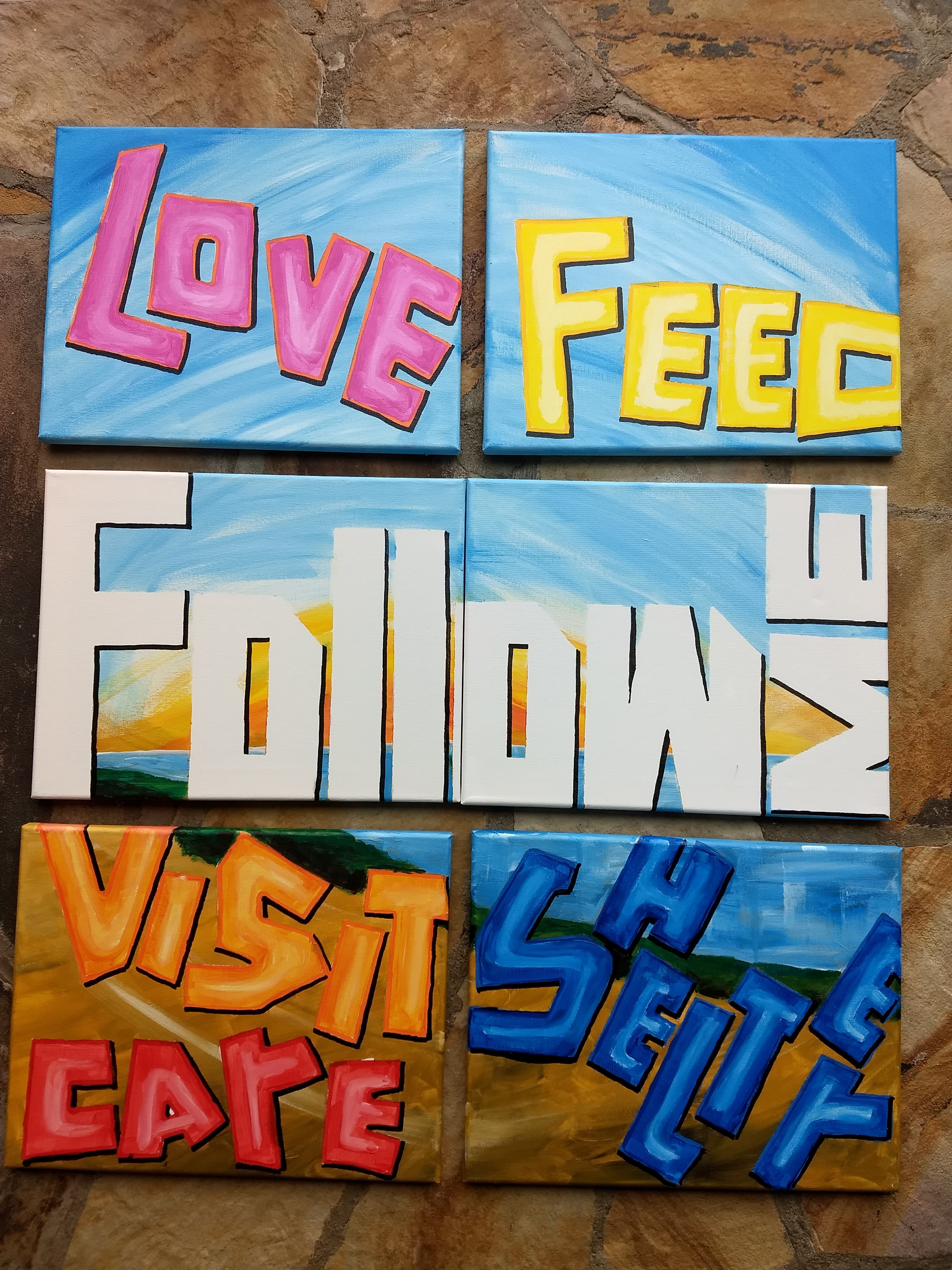Fourth Sunday of Easter
“My sheep hear my voice; I know them, and they follow me. I give them eternal life, and they shall never perish.” John 10:27
This has been a time of terrible darkness in America, and throughout the world.
Between the horrors perpetrated by the war in Ukraine, the ongoing battle with COVID, the wrenching debates over racism, gun control, abortion, and a host of other issues that cause us continued heartache, fear, sadness and grief, we find ourselves asking:
Where is God in all of this?
Recently, a very thought-provoking article appeared in the New York Times entitled: “When God Is Your Therapist.”
It was written by an anthropologist from Stanford University who has spent some time researching how certain churches in America, primarily evangelical ones, offer people a “powerful way to deal with anxiety and distress, not because of what people necessarily believe, but because of what they do when they pray.” (Emphasis mine)
In her research, the author reports that “the more people affirmed, ‘I feel God’s love for me, directly,’ the less stressed and lonely they were and the fewer psychiatric symptoms they reported.”
She further reports that the particular churches she studied “invited people to treat God like an actual therapist” in which prayer is understood as a “back-and-forth conversation with God – a daydream in which you talk with a wise, good, fatherly friend.”
She quotes one woman as saying:
“It’s just like talking to a therapist, especially in the beginning, when you’re revealing things that are deep in your heart and deep in your soul, the things that have been pushed down and denied.”
When it comes to the issue of tragedy in people’s lives, or terrible heartaches of one kind or another, these churches do not spend time trying to explain the presence of evil in the world, nor do they tend to blame themselves or demons for the existence of wickedness.
Their view is:
“Creation is beautiful, but it is not safe.”
Our world is broken.
What these churches emphasize, according to this anthropologist, is the belief that, regardless of how excruciating or confusing a life situation is to people, God is present with them, God is by their side, God is in solidarity with their life. Or, as the gospels would put it:
God is Emmanuel, God With Us.
The author concludes her article by claiming that “this approach to the age-old problem of theodicy is not really available to mainstream Protestants and Catholics, who do not imagine a God so intimate, so loving, so much like a person. That may help to explain why it is that evangelical Christianity has grown so much in the last 40 years.” (Emphasis mine)
Aside from the fact that this last contention on her part is rather sweeping in its conclusion, perhaps another unstated reason for understanding that God is close, personal, intimate and directly involved in people’s lives – even to the point of being like a therapist, is that those churches which are centered on the Gospels, regardless of their denominational orientation, understand this approach as being a very natural one.
Today’s Gospel, for example, presents Jesus as the Good Shepherd who says:
“My sheep hear my voice; I know them, they follow me.”
Jesus is presenting God as being so close and near and dear that he uses words like we “hear” God’s voice; God “knows” us.
Then we are told of the great gift God offers to each of us: eternal life – union with our God forever.
And, just in case we missed how compelling this promise is, Jesus tells each of us the same thing in different words:
God’s followers “shall never perish.”
Once you really believe that God is that much in love with you, is that enmeshed in your life, is that involved in your heartaches and struggles and grief, you don’t have to be bothered with the question of why do bad things happen to good people, but only with how I can further align myself with a God who became one with us, who suffered immeasurably in solidarity with us, and who will remain with us always – especially in our moments of deepest pain.
Perhaps the Book of Revelation, in our second reading today, best renders the kind of God we believe in, and the depth of compassion and love that our God has for each of us, when it tells us:
“For the Lamb … will shepherd them and lead them to springs of life-giving water, and God will wipe away every tear from their eyes.”
Ted Wolgamot, Psy.D.







